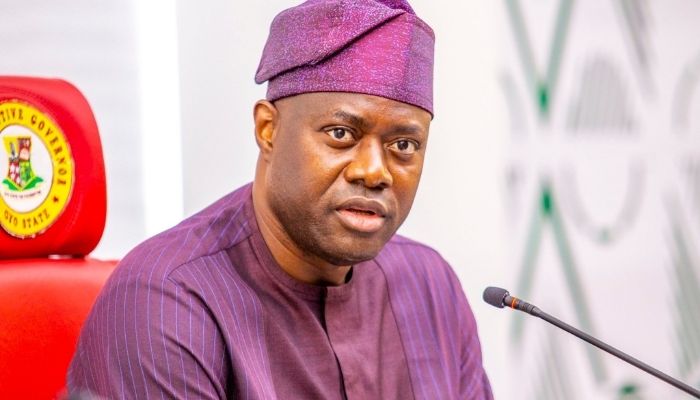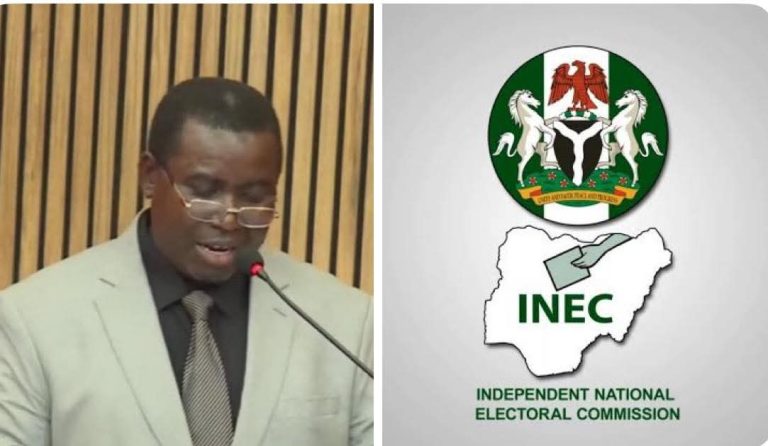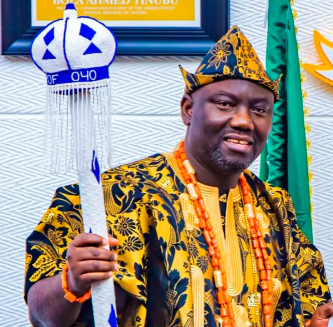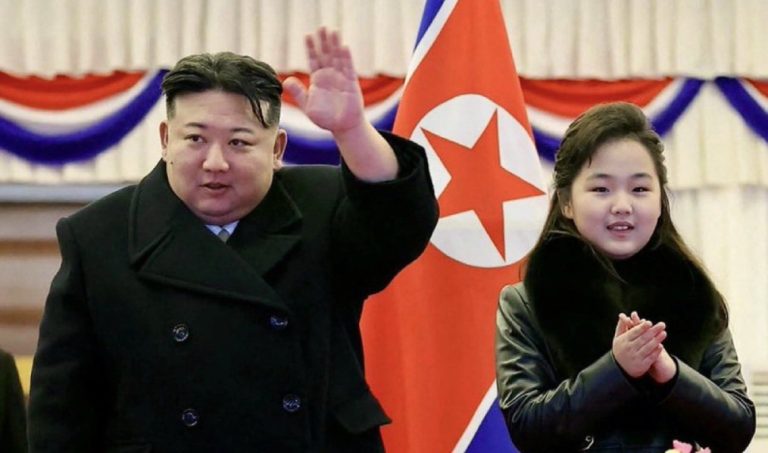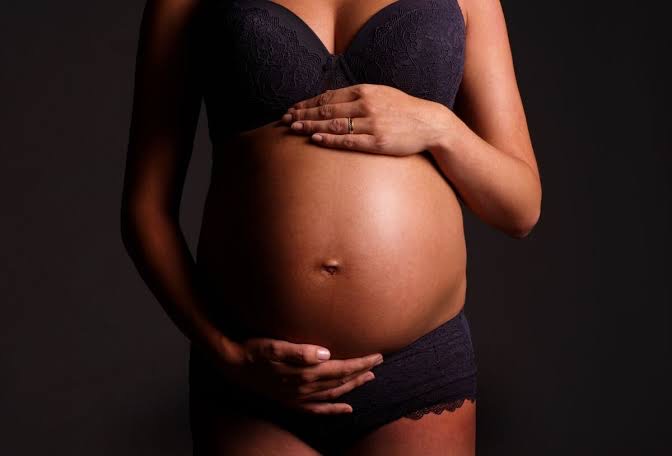
According to the United Nations Population Fund, the country’s difficulty funding family planning may increase the number of unintended pregnancies and abortions.
On Tuesday, the National Population Commission held an event in Abuja to commemorate World Population Day 2023.
In the course of a panel discussion that was titled “Dialogue on financing and investment in family planning: Dr. Adeela Khan, Technical Specialist, Maternal & Reproductive Health, UNFPA, stated that the funding gap for family planning was widening, reaching $32 million in 2023 from $25 million last year.
She claims that this funding gap would result in 700,000 unintended pregnancies, 300,000 unsafe abortions, and 300,000 unplanned births.
She stated, “The family planning program is largely dependent on funding, which is decreasing.” There was a $25 million gap to 2022.
There will be a $32 million gap this year. The fact that casting it will result in 700,000 unintended pregnancies, 300,000 unplanned births, and 300,000 unsafe abortions is extremely significant about this gap.
Khan, notwithstanding, noticed that the public authority had been putting forth a few attempts through strategies, for example, the Public Strategy for Populace and Practical Improvement in 2022, and monetary obligation to guaranteeing family arranging.
“The Nigerian government has been recognising the importance of investing in family planning,” she continued.
During the panel discussion, Dr. Gafar Alawode, a seasoned public health practitioner, also said that the country’s growing population was troubling.
He went on to say that the population was outpacing the economy, which was bad.
Alawode stated, “Every year, Nigeria is producing as much as Liberia, Togo, and possibly Sierra Leone combined.” The fact that our population is growing faster than our economy makes it more dangerous.
The implication is that people’s consumption of wealth is growing, not wealth itself. That implies the offer that comes to every individual is diminished. Additionally, Nigeria is already a hub of poverty.
Dr. Natalia Kanem, the UNFPA Executive Director, was accompanied by UNFPA Nigeria Acting Resident Representative Ms. Erika Goldson when she made the observation that 19 percent of married women in Nigeria were unable to exercise their right to make decisions, particularly those related to having children.
In addition, she emphasized the significance of women’s empowerment for human capital and inclusive economic growth.
She stated, “Gender equality, dignity, and opportunity are built on the foundation of realizing sexual and reproductive health and rights for all.”
Despite this, more than 40% of women worldwide and 19% of married women in Nigeria are unable to exercise their right to choose whether or not to have children.
Women and girls can be supported in achieving their goals and choosing their own path in life by empowering them through education and access to modern contraception.
“Promoting gender equality is a cross-cutting solution to many issues pertaining to the population. Gender parity in the workforce is the most efficient strategy for increasing income and output in aging societies concerned about labor productivity.
“In the mean time, in nations encountering fast populace development, ladies’ strengthening through schooling and family arranging can bring gigantic advantages via human resources and comprehensive monetary development.”
Dr. Salma Anas, Special Adviser on Health for President Bola Ahmed Tinubu, acknowledged the effects of the country’s growing population in her speech at the event.
She stated, “As we all know, population growth has far-reaching implications for the development of both the economy and the environment.”
It is absolutely necessary to approach this problem from a sustainable and holistic perspective. Investments in health and education are essential to sustainable development.
